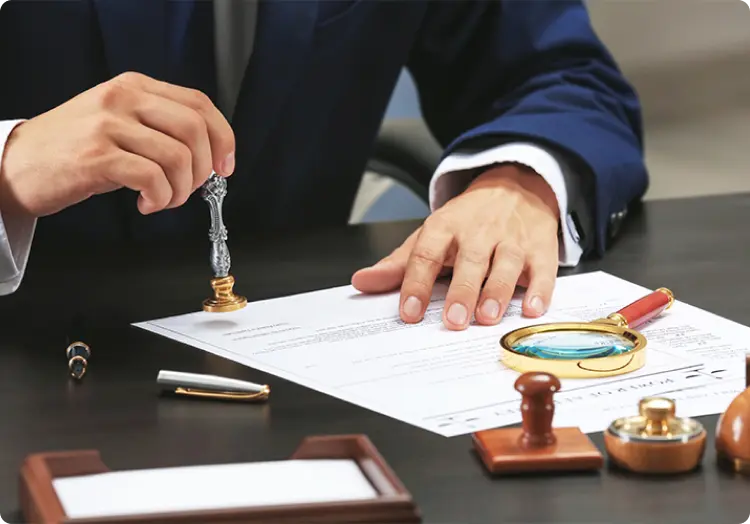Remember earlier this summer when a South American worker got a paycheck of more than $165 million Chilean pesos, or nearly $184,000 in U.S. dollars? It was a mistake.
And while the man reported the overpayment to his supervisors, he also decided to take the money and run.
As far as I can tell by surfing the Google machine, the guy’s still out there somewhere living large.
I applaud his cojones, if not his grasp of financial and legal reality. If he’s ever caught, he’s going to be in big trouble.
IRS overpayment conundrum: A similar costly result applies if an overpayment mistake is made by the Internal Revenue Service.
Yes, it happens. In fact, such an IRS overpayment error was noted today by a #TaxTwitter colleague.
One of this CPA’s clients got a Treasury check for $145,990. The six-figure error was based on incorrect IRS data showing the taxpayer’s quarterly estimated tax payments were paid twice. They were not.
The client knew it was a mistake, but asked his tax pro should (could) deposit the government check until things were sorted out. Or, as the CPA noted, his client was “eager to play with house money for a bit.”
Lucky for this client, his CPA — who noted “My gut said don’t deposit and hold until we can figure out for sure where to send it back to.” — and the collective wisdom of tax pros on Twitter backed up his tax instinct.
Don’t deposit the wrong check: It also saved his disappointed client some added tax grief.
“If it is known to be a mistake, keep the check but don’t deposit it,” advised Brian Stoner, a California-based CPA. “If the IRS asks for it back & the taxpayer deposited it into his bank account, they can charge interest on the time the refund was deposited. It is not worth the interest the government can charge (6% annual).”
Several tax professionals — including New York tax attorney Matt Foreman, Charlotte, North Carolina CPA Steven K. Howell, and CPA Alex Roytenberg — also noted the added interest cost and echoed the return the check guidance.
They also noted that documentation of the errant payment and its return is key. Take photos of the check and return it via certified mail, along with an explanation of why Uncle Sam is getting back the money.
The bottom line, to your peace of mind and tax account correctness if not your bank account, is don’t be the taxpayer wanting to revel, at least temporarily, in a huge tax windfall.
Instead, follow CPA Andrea Carr’s succinct directive: “Yep, never deposit an erroneous check from the IRS.”
Overpayments apparently common: I wasn’t surprised by the sound advice of the tax community on social media. I did, however, find it a bit disconcerting to learn how often this happens.
“Once had one client receive 2 checks totaling 2 mil and another client received a check over a mil within weeks of each other. Holy Moses that was an ordeal,” Tweeted one CPA and certified financial planner.
Another CPA said a she once had a “client deposit an unknown 5-figure check against my advice. Nothing ever happened. That’s a gamble I would not take.”
May I suggest the IRS look at itself when it’s doing Tax Gap calculations.
And I can’t leave without acknowledging the great sense of humor most tax professionals have. Take this tongue firmly planted in cheek response from Alexandria, Virginia, CPA Brian Davis:












Recent Comments